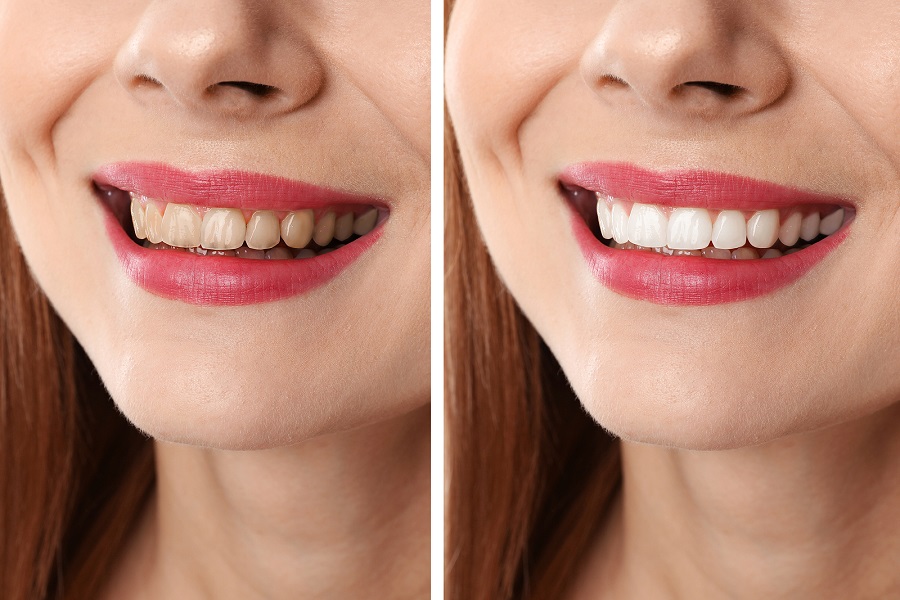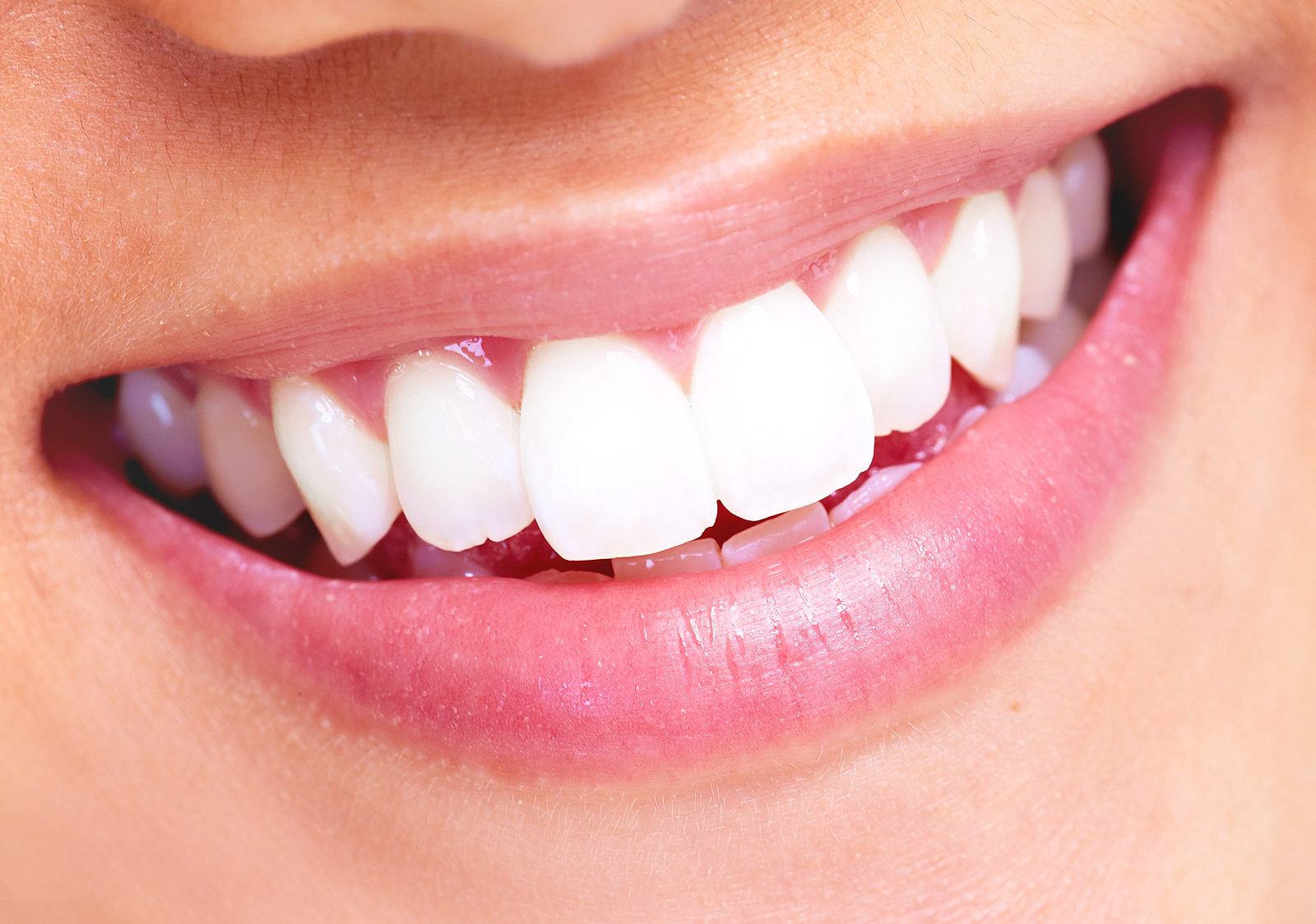THE IMPACT OF CAVITIES ON YOUR HEALTH
You’ve been hearing about cavities your entire life. You were very small when everyone started talking about the impact sugar and candy has on your teeth. You learned that too much sugar = a cavity. A cavity is a hole in a tooth that develops through decay. Decay can occur when the acid in your mouth, which is created by the bacteria in your mouth, begins to eat away at your teeth via plaque deposits. Enamel fades and cavities are created. Cavities are also called dental caries, and though these holes in your teeth tend to be very tiny, they can have a big impact on your health.
Many times cavities don’t hurt until they have receded very deeply, but you never want to let it get that far. Frequent trips to the dentist help your dentist catch cavities quickly, especially if you visit in the recommended six-month intervals. However, no matter how soon or how late you catch a cavity, you should make sure to get it filled as soon as possible. Cavities can have an array of unpleasant, painful and dangerous health effects.
THE IMPACT OF CAVITIES ON YOUR HEALTH
Cavities left untreated will get larger and impact deeper layers of your teeth, which is where it starts to create other health problems. Tooth decay is what’s been happening – and tooth decay will continue to occur. Bacteria and acid will continue to erode your teeth. After enamel, tooth decay will hit the pulp, or the material on the inside of your teeth. This material is where nerves and blood vessels live, so this is when the pain starts to get very unpleasant. The pulp will swell and get irritated, most likely from infection (or, infection can occur). Other symptoms at this time include extreme sensitivity, mouth and head pain, pain when biting down, visible holes in your tooth, teeth staining or sensitivity to temperatures or sugar.
Tooth decay can lead to other sorts of problems, such as infection (as mentioned above), decay of surrounding teeth, headaches, neck pain, stomach pain, stomach infections caused by bacterial infections, tooth abscesses and other type of diseases, such as periodontal disease.
PERIODONTAL DISEASE
Also known as gum disease, periodontal disease is an infection generated by bacteria that enters the gums and eats away at the gums and jawbone. When there are multiple cavities that have been left untreated and tooth decay has started to occur, the bacteria from the decay and/or an infection can lead to periodontal disease. Periodontal disease is extremely painful. It leads to loose teeth, difficulty with chewing and even the removal of teeth. Gum disease is also linked to other physical diseases and illnesses, such as diabetes, stroke or heart disease. Remember that bacterial infections of any kind can have a strong and very negative effect on different parts of the body.
THE CAUSE OF CAVITIES
Naturally, as we were taught when we were young, sugar can cause cavities, but it’s not just sugary foods, candy or drinks that cause them. Any type of carbohydrates can cause cavities. Breads, fruits, crackers, and many types of snacks can lead to cavities. There are other causes, too. Below are a few of the main causes of cavities:
BAD HYGIENE OR SKIMPY BRUSHING
You should always brush your teeth gently and thoroughly, with round motions of the brush on each tooth rather than the very common method of hurried scrubbing. Gentle, round toothbrush motions help provide a more thorough cleaning.
FEEDING CHILDREN RIGHT BEFORE BEDTIME
Feeding an infant with liquids containing sugar right before bedtime can lead to cavities because the sugar then stays on teeth during the hours the baby is sleeping. If you do prefer to feed your child right before bedtime, gently clean his or her teeth afterwards.
DRY MOUTH
Dry mouth is often caused by medicines or genetics. Saliva helps prevent tooth decay, so when the mouth isn’t producing enough, cavities can occur.
OLD DENTAL FILLINGS
Have your dentist make sure that any old fillings you have are still strong. Old fillings weaken over the years, allowing for plaque buildup. You may need new dental fillings.
GASTRO REFLUX
Gastro reflux, or heartburn, can cause excessive stomach acids to enter your mouth. These acids eat away at tooth enamel. If you are experiencing heartburn and tooth loss, tooth pain or tooth decay, you may need to address your gastro reflux condition first.
GENETICS
Unfortunately, many people are more inclined to experiencing cavities then others because of the way their teeth are positioned and mouth is shaped. Tooth location is a factor for cavities. Some teeth are difficult to clean or are developed with a lot of pits that can collect food particles. Keeping these teeth clean is a part of your dental hygiene routine.
No matter how you inclined you may be to get cavities, everyone can get them. They are extremely common, especially in children and young adults. However, solid hygiene habits, attention to diet and a lack of sugar or carbohydrates can help prevent cavities at all times. The most important thing to do when you have a cavity, however, is to see a dentist right away. You do not want a small hole in one of your teeth to cause great, painful and extremely dangerous health issues.






















0 comments